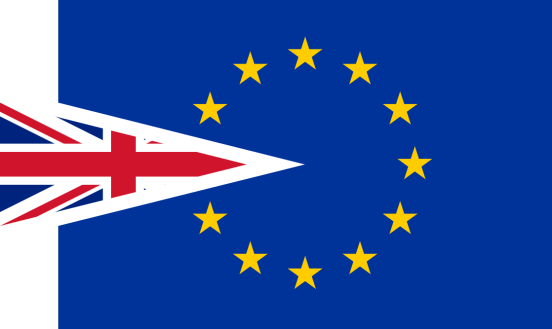
IP considerations as the Brexit process begins

As the government’s official Brexit negotiations with the remaining member states of the European Union get underway, a number of IP issues remain unclear causing concern for UK businesses. The Prime Minister has stated that the UK will cease to be a member of the EU and will not remain a member of the EU single market, proposing that a ‘Great Repeal Bill’ will be introduced that will end the primacy of EU law over UK law. This will directly affect several European IP rights, particularly those for which EU membership is mandatory.
EU Trade Marks (EUTMs, formerly Community Trade Marks), Registered Community Designs (RCDs) and Unregistered Community Designs (UCDs) are EU-wide rights that have a unitary effect across all 28 EU member states. When the UK has left the EU, new (and possibly pending) applications of these rights will not apply in the UK.
Existing rights are likely to still be valid in the UK going forward by some form of transitional mechanism to prevent the loss of rights. However, no specific process has been put forward yet and therefore the potential costs, deadlines and priority dates for these newly created national UK rights are unclear.
European patents in contrast are governed by the European Patent Convention (EPC) which operates beyond EU boundaries and includes many non-EU members. Brexit will not affect European patents under the current system, and European patents can still be validated in the UK.
What is likely to be affected is the proposed Unitary patent and Unified Patent Court (UPC). The proposed Unitary patent would have unitary effect in all of its contracting states (currently 25 of 28 EU members), and disputes involving unitary patents would be settled by the UPC with divisions in Paris, London and Munich. The UK has expressed a desire to remain a contracting state of the Unitary patent and host of the UPC post-Brexit although the current draft legislation states that the UPC cannot be based in a non-EU country.
Even if the UPC can remain in London, the UK would have to accept the primacy of EU law and CJEU jurisdiction in these cases, which is something the current government does not want to concede. Other more specialist areas of IP will also be affected by Brexit such as Supplementary Protection Certificates (SPCs) and trade secrets law.
For any aspect of Intellectual Property advice and overall strategy, please get in touch with the ip21 team.
Richard Jones, Business Relationship Manager for ip21 Ltd.